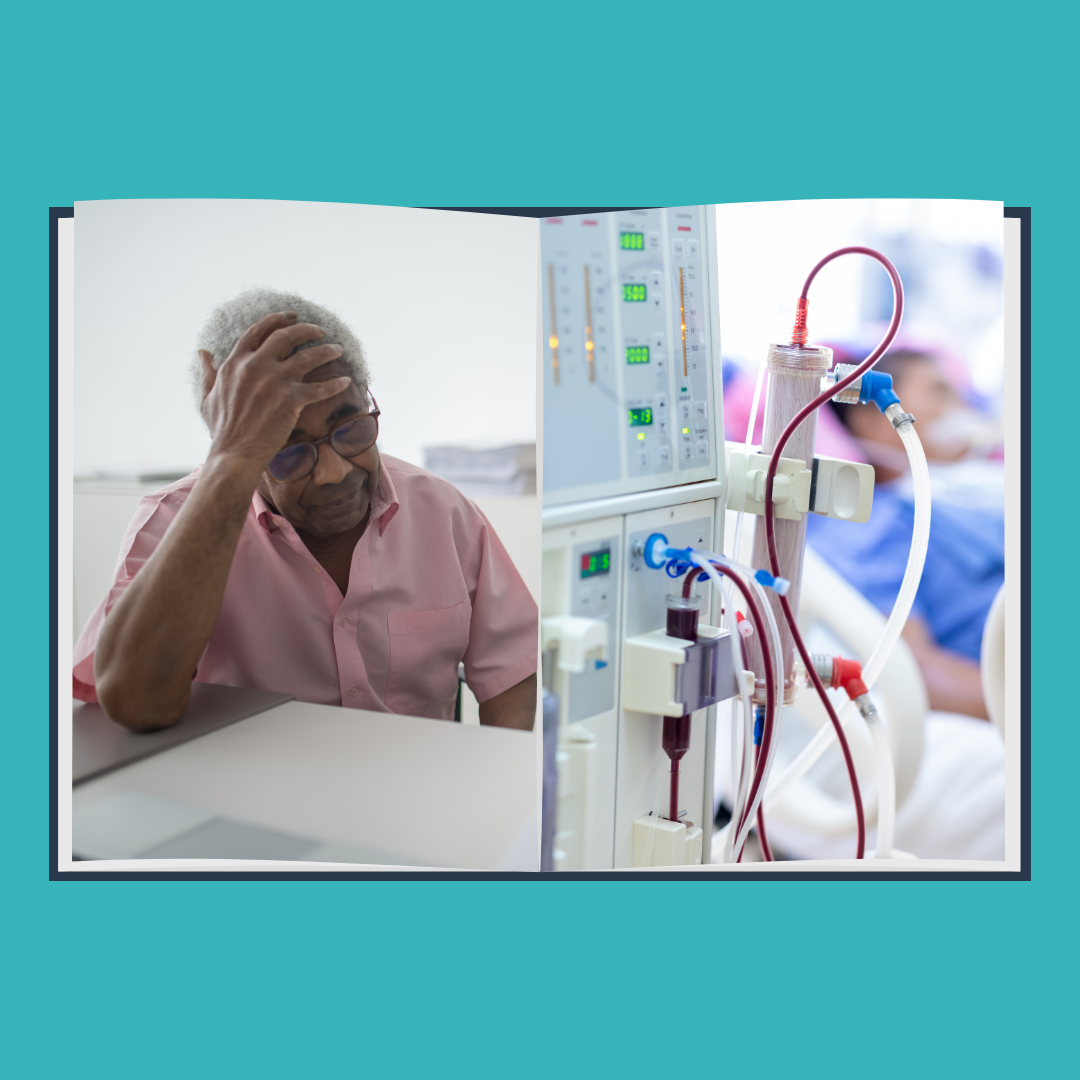New Paragraph
May 19, 2025
Understanding and Managing Heart Failure in Seniors: A Comprehensive Home Care Guide
Heart failure is a chronic condition that affects millions of older adults, often requiring long-term management and consistent in-home care. It doesn't mean the heart has stopped working—it means the heart isn’t pumping blood as effectively as it should. For seniors and their caregivers, understanding the condition and taking the right steps at home can improve quality of life, reduce hospital visits, and foster independence.
This guide walks families and caregivers through the essential elements of heart failure management at home—what to expect, how to help, and when to seek medical support.
Understanding Heart Failure
Heart failure occurs when the heart muscle becomes weakened and cannot pump blood efficiently. This can result from conditions like high blood pressure, coronary artery disease, or previous heart attacks.
Common symptoms include:
- Shortness of breath (especially during activity or when lying down)
- Fatigue and weakness
- Swelling in the legs, ankles, and feet (edema)
- Rapid or irregular heartbeat
- Persistent coughing or wheezing
- Difficulty concentrating
Recognizing these symptoms early can lead to quicker intervention and better outcomes.
Home Care for Seniors with Heart Failure
Caring for a senior with heart failure at home involves more than just monitoring medications. A comprehensive care plan includes daily routines, emotional support, and environmental adjustments.
Key aspects include:
- Monitoring symptoms daily: Keep track of weight, swelling, and shortness of breath.
- Encouraging gentle activity: Light walking, when approved by a doctor, helps circulation.
- Adjusting the home environment: Place frequently used items within reach to minimize exertion. Consider a chair in the shower and elevated seating for easier movement.
- Emotional support: Heart failure can lead to depression or anxiety. Gentle conversations and encouragement help ease worries.
Follow-Up & When to Call the Doctor
Frequent follow-up with a healthcare provider is essential to adjust medications, assess symptoms, and catch early signs of worsening heart failure.
Call the doctor if the senior:
- Gains more than 2–3 pounds in one day or 5 pounds in a week
- Has increasing shortness of breath or difficulty breathing at rest
- Experiences chest pain or fainting spells
- Shows signs of confusion or sudden fatigue
- Has swelling that is rapidly worsening
Making Changes to Your Diet
A heart-friendly diet plays a significant role in managing symptoms.
Tips for caregivers and families:
- Read food labels: Look for sodium content. Aim for less than 1,500 mg of sodium per day.
- Reduce salt: Cook with herbs, lemon juice, and vinegar instead of salt.
- Limit fluids: If the doctor recommends it, limit total fluid intake (including soup, ice cream, and drinks).
- Choose heart-healthy foods: Lean proteins, whole grains, vegetables, and fruits should be the base of every meal.
Coping with Heart Failure
Managing heart failure is not just about physical health—it also involves emotional and mental well-being.
Ways to help seniors cope:
- Create a daily routine that includes rest and gentle activity.
- Encourage hobbies they enjoy, even if they're low-energy, such as listening to music or light gardening.
- Celebrate small wins—like completing a walk or preparing a healthy meal.
Ask for help. Caregivers should not do everything alone. In-home care services can ease the load by providing assistance with medications, meal prep, and companionship.
Developing a Home Care Plan
A personalized care plan makes managing heart failure easier and safer. It should include:
- Daily medication schedules
- Diet and fluid tracking
- Emergency contact information
- Symptom monitoring logs
- Scheduled rest times
- Mobility aids, if necessary
Working closely with healthcare providers ensures the plan is safe and effective.
Medications for Heart Failure
Seniors with heart failure often take several medications to help the heart work better, lower blood pressure, and reduce fluid buildup.
Common medication types:
- ACE inhibitors or ARBs
- Beta blockers
- Diuretics (water pills)
- Aldosterone antagonists
- Digoxin
Caregivers should monitor for side effects, ensure doses are taken on time, and keep a list of all medications to share with healthcare providers.
Understanding the Risks of Heart Failure
Heart failure can lead to serious complications if not well-managed, including:
- Kidney damage or failure
- Heart rhythm problems (arrhythmias)
- Liver damage due to fluid buildup
- Increased risk of stroke or blood clots
That's why early detection, consistent home care, and a supportive environment are vital to reducing hospital readmissions and improving outcomes.
Heart failure is a manageable condition when seniors receive the right support. Through thoughtful caregiving, regular monitoring, lifestyle adjustments, and emotional encouragement, older adults can live safely and comfortably at home. Families don’t have to navigate this journey alone—professional in-home care providers can make a significant difference.
At Hope and Recovery Care, we’re dedicated to helping seniors manage chronic conditions with dignity and compassion. Contact us today to learn how we can support your loved one living with heart failure.









